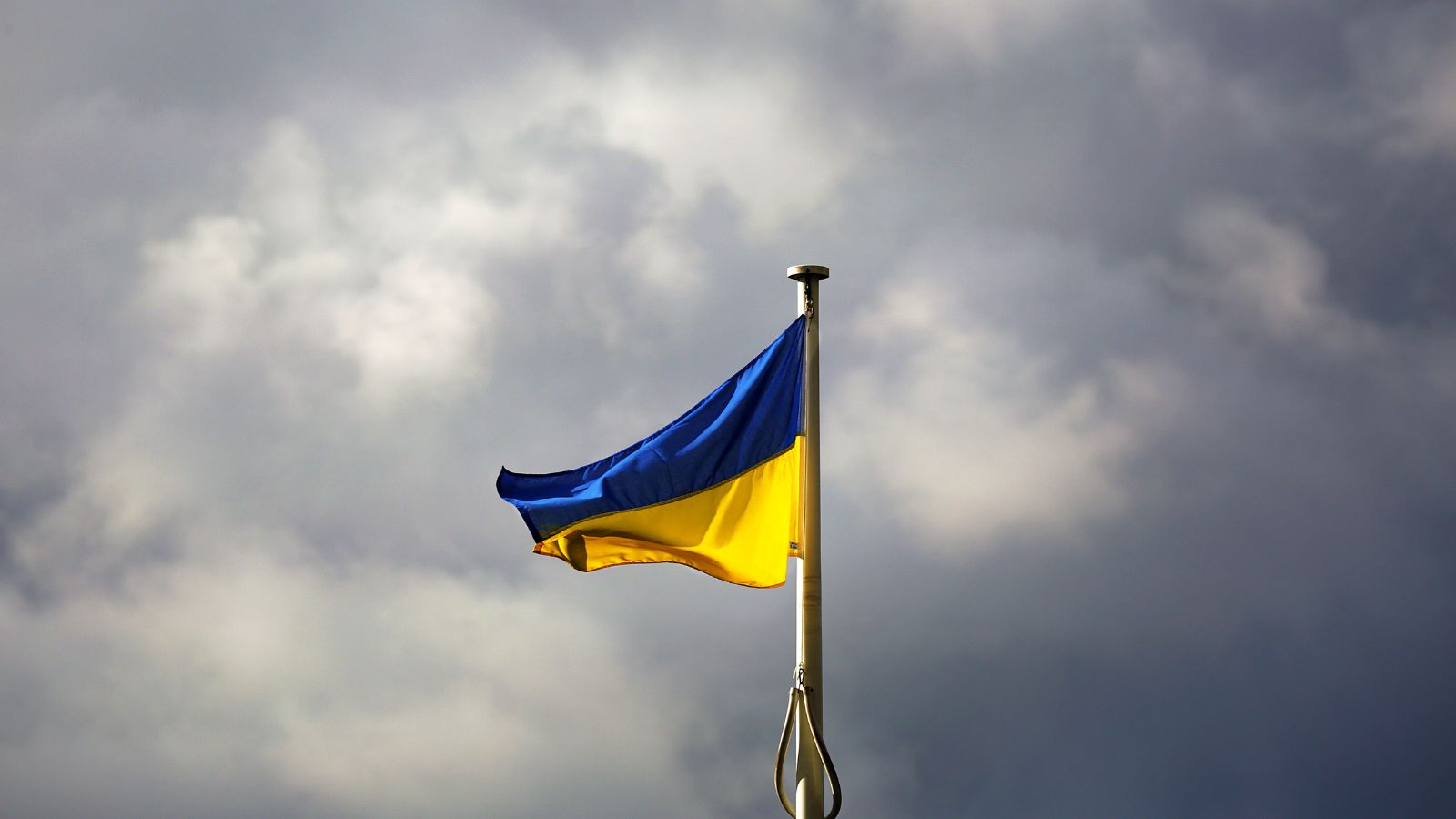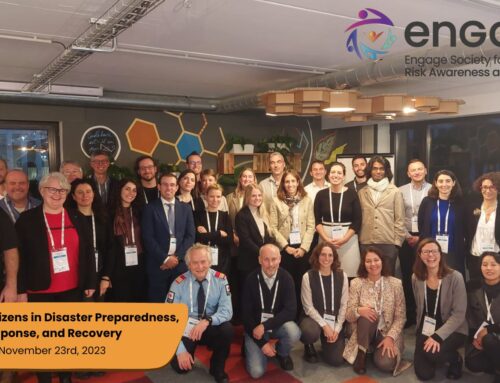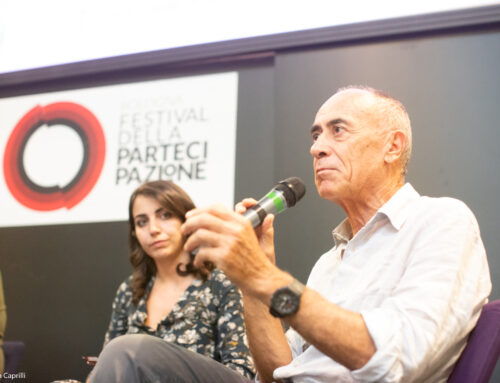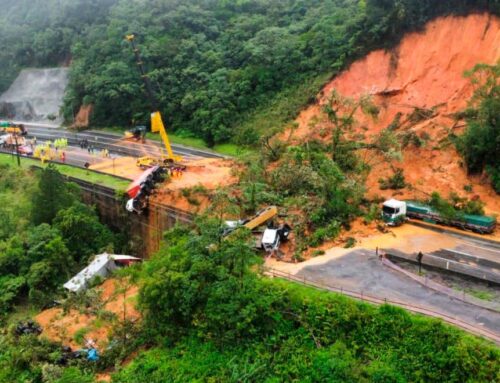Societal resilience reflects the capacity of varied societies to withstand, absorb, cope with and adjust to varied types of threats, both environmental and human-made. The past few months have highlighted the need for different countries to cope with crises that result from either internal conflicts (such as the ongoing war in the Tigray area in Ethiopia) or between countries (such as the war in Ukraine, which impacts not only Ukraine and Russia, but a much wider circle of countries, due to the energy crisis, shortage of wheat, inflation and rising prices of products, and more). As the overall aim is to strengthen the capacity of all populations to build and maintain effective levels of resilience, it is interesting to investigate commonalities and diversities in the coping of different societies with conflicts.
Thus, we compared the societal resilience of samples from Ukraine (N=1000) during the current war with Russia (data collected during June 2022) with findings collected in Israel (N=650) during an eruption of the ongoing conflict with the Hamas in Gaza (data collected amid fighting during May 2021). The findings presented that the societal resilience of the Ukrainian population is significantly higher than that of the Israeli population (4.35 versus 3.89 respectively, on a scale from 1 to 6). Similarly, the level of hope was significantly higher among the Ukrainian sample compared to the Israeli sample (3.95 versus 3.5, on a scale from 1 to 5). In contrast, the perceived well-being of the Israeli sample was significantly higher compared to that of the Ukrainian sample (4.41 and 3.56 respectively, on a scale of 1 to 6). As could be expected, the sense of danger was significantly higher among the Ukrainian sample compared to that of the Israeli sample (3.70 versus 2.45, respectively, on a scale of 1 to 5).
What can be learned and what may be potential explanations for these findings? A major lesson learned is that societies may display high levels of stress, a sense of danger, and perceived threats, and simultaneously high levels of hope for a better future and societal resilience.
We believe that the high level of societal resilience among the Ukrainian population may be derived (among others) from three factors:
- The Ukrainians show a very high level of trust in their current government and a belief that their leadership is committed to ‘saving’ their country. Such trust and support of the governance system contribute to cohesiveness and stronger societal resilience. Israelis do not show such high levels of trust in the government (there were five rounds of elections in a period of 3.5 years and [when writing this blog], the stability of a new government has not yet been proven).
- The Ukrainian citizens are currently fighting for their homeland, and many perceive this to be a ‘War of Independence.’ The threat to the sovereignty of Ukraine is perceived as an existential peril. In contrast, the flaring rounds of conflict between Israel and Gaza are perceived to be a “recurrent nuisance” for the citizens, and thus elicit only a moderate level of societal resilience.
- It appears that the war launched by Russia contributed to the enhancement of the Ukrainian societal identity, and strengthened their inner ties. In comparison, the optimal way of managing the ongoing conflict between Israel and Hamas is characterized by polarized views. It elicits more arguments than consensual views, and its resolution (unfortunately) is yet not foreseen.
We all hope the crisis in Ukraine, which has substantial global impacts, will very soon be resolved. Nonetheless, the effects on the societal resilience of many societies, both within and beyond Ukraine, will no doubt prevail, for much longer periods of time.
If you are interested in reading more about ENGAGE’s findings on societal resilience, you can follow this link.
Prepared by: Prof. Bruria Adini, Dr. Nathan Stolero; Prof. Kobi Peleg





